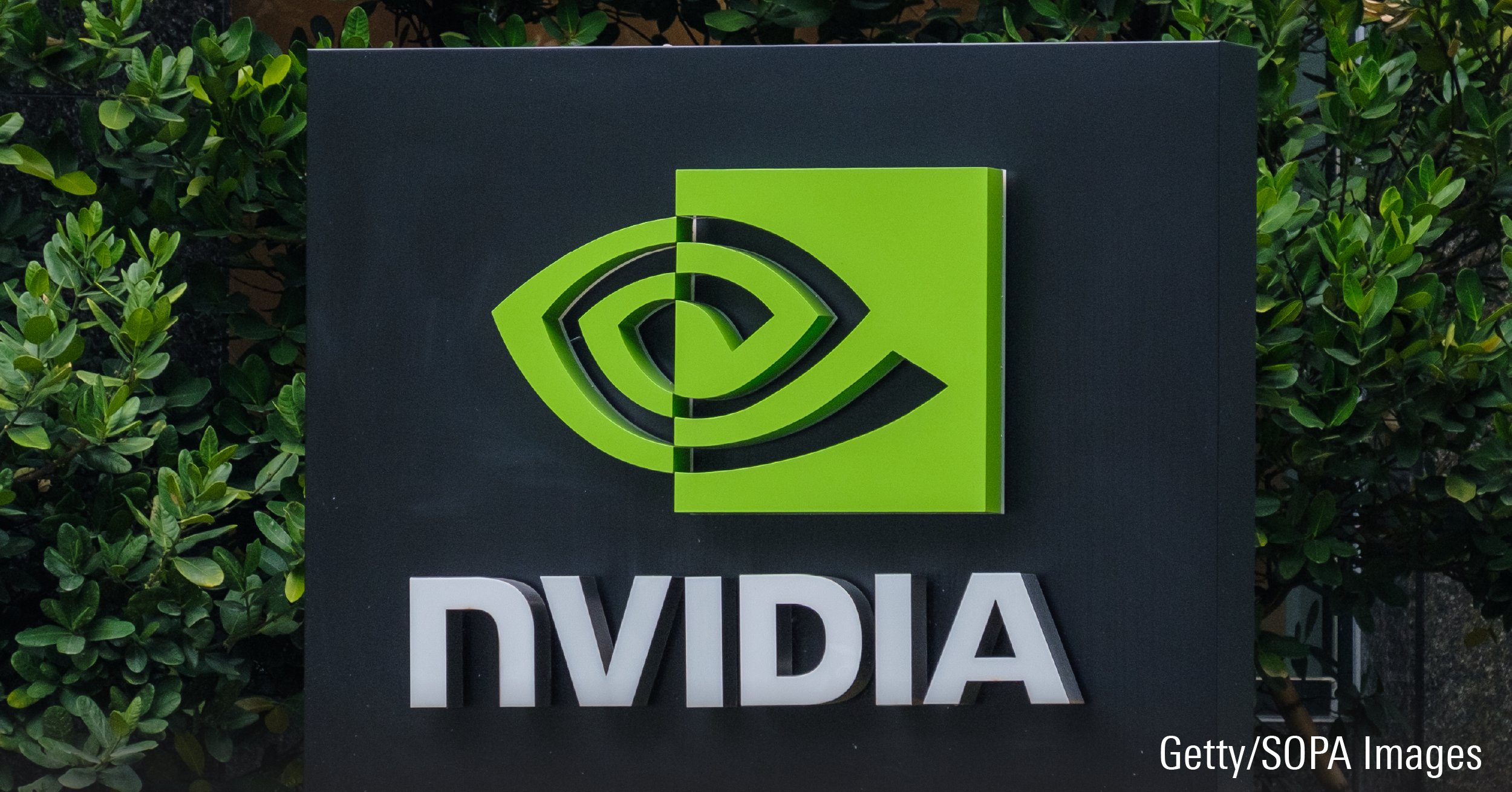. The fund lost 12.8%, compared with the 1.4% median gain within the Canadian Focused Equity category." Everything that could go wrong, did," says Cole, 46, senior vice-president at Burlington, Ont.-based AIC Investment Services Inc.
The poor performance is attributable to three causes. First, says Cole, the fund was dragged down by weak U.S. stocks such as Radian Group Inc. ( RDN/NYSE), a mortgage insurance firm, and homebuilder D.R. Horton Inc. ( DHI/NYSE). "I did not anticipate the depth in the decline in U.S. credit markets." The U.S. exposure also hurt two other funds under his tenure, the $266.4-millionAIC Dividend Income and the $166.3-millionAIC Canadian Balanced
and the $166.3-millionAIC Canadian Balanced  . Last October, in a bid to staunch the losses, he eliminated the U.S. content in all three funds.
. Last October, in a bid to staunch the losses, he eliminated the U.S. content in all three funds.
 . Last October, he relinquished the 1-star rated fund and AIC appointed a new sub-advisor, Chicago-based Ariel Capital Management LLC.
As Cole was no longer following U.S. equities, "it made sense to complete the process of disposing of a couple of companies in the fund -- and re-focus on the Canadian equity effort."
Cole describes this move as going "back to the future." By channelling his time and energy into Canadian stocks, he believes he can recapture some of the better numbers he saw in 2004 and 2005, when the Canadian equity fund outperformed the median fund in its peer group. "I wish I could change some decisions I made, but I can't. All I can do now, is focus on the future."
Cole runs concentrated portfolios that have about 15 names and tends to hold them for many years. Turnover for the 12 months ended June 30, 2007, was 17.1% in the Canadian equity fund. Individual holdings can go as high as 11% of fund assets.
Companies must meet five criteria to make the cut in Cole's investment mandates. They must be in a growth industry that is increasing its share of gross domestic product. They must have a history of superior profitability and be in a strong financial position. Their stock should trade at an attractive price that offers 15% annual returns over a five-year or longer holding period. And there must be limited downside risk.
One representative long-time holding is National Bank of Canada ( NA/TSX). The bank's stock is down 29% from a year ago, mainly because of its indirect involvement in last summer's asset-backed commercial paper crisis.
Yet Cole remains committed. "It is still in a sound financial position," he notes, adding that the stock has a 5% dividend and trades at a rock-bottom forward multiple of 8.1 times earnings. "This, too, will pass." He expects that the stock will recover and meet or exceed his 15% annual return target.
A long-time veteran of the investment world, Cole has stock-picking in his blood. The grandson of Herbert Cole, who founded a Toronto brokerage firm, and son of James F. Cole, a former money manager at Guardian Capital Group, the younger Cole got his first job in 1983 after graduating with a bachelor of arts from Trent University. He was hired as an analyst at McCarthy Securities, an institutional broker.
Cole spent five years at McCarthy on the sell side. Then, from 1988 to 1992, he worked at BBN James Capel Inc., where he was a communications and media analyst.
In 1992, he switched to the buy side when he joined the pension equity team at Beutel Goodman, where he was later appointed manager of Beutel Goodman Small Cap. In early 1997, Cole was hired by Gluskin Sheff & Associates as lead manager of Canadian equities for institutional clients.
Three years later, Cole departed for AIC, where he is comfortable with the prevailing philosophy of running highly concentrated, low-turnover portfolios.
Lately, in light of the market sell-off, Cole has been eyeing some additional holdings. "There are a lot of good businesses that are selling at 20% to 40% discounts. As new opportunities arise, I am prepared to re-allocate new capital."
Alimentation Couche-Tard Inc. ( ATD.B/TSX) is characteristic of the newer positions. Its shares have dropped 35% in the past year, since the bulk of the convenience store chain's operating profits come from south of the border.
Cole reckons that the stock is trading close to the low end of its historic valuation range. "It has some significant share appreciation potential, if it performs in line with its strong historic earnings. And there is not much downside from the current level."
. Last October, he relinquished the 1-star rated fund and AIC appointed a new sub-advisor, Chicago-based Ariel Capital Management LLC.
As Cole was no longer following U.S. equities, "it made sense to complete the process of disposing of a couple of companies in the fund -- and re-focus on the Canadian equity effort."
Cole describes this move as going "back to the future." By channelling his time and energy into Canadian stocks, he believes he can recapture some of the better numbers he saw in 2004 and 2005, when the Canadian equity fund outperformed the median fund in its peer group. "I wish I could change some decisions I made, but I can't. All I can do now, is focus on the future."
Cole runs concentrated portfolios that have about 15 names and tends to hold them for many years. Turnover for the 12 months ended June 30, 2007, was 17.1% in the Canadian equity fund. Individual holdings can go as high as 11% of fund assets.
Companies must meet five criteria to make the cut in Cole's investment mandates. They must be in a growth industry that is increasing its share of gross domestic product. They must have a history of superior profitability and be in a strong financial position. Their stock should trade at an attractive price that offers 15% annual returns over a five-year or longer holding period. And there must be limited downside risk.
One representative long-time holding is National Bank of Canada ( NA/TSX). The bank's stock is down 29% from a year ago, mainly because of its indirect involvement in last summer's asset-backed commercial paper crisis.
Yet Cole remains committed. "It is still in a sound financial position," he notes, adding that the stock has a 5% dividend and trades at a rock-bottom forward multiple of 8.1 times earnings. "This, too, will pass." He expects that the stock will recover and meet or exceed his 15% annual return target.
A long-time veteran of the investment world, Cole has stock-picking in his blood. The grandson of Herbert Cole, who founded a Toronto brokerage firm, and son of James F. Cole, a former money manager at Guardian Capital Group, the younger Cole got his first job in 1983 after graduating with a bachelor of arts from Trent University. He was hired as an analyst at McCarthy Securities, an institutional broker.
Cole spent five years at McCarthy on the sell side. Then, from 1988 to 1992, he worked at BBN James Capel Inc., where he was a communications and media analyst.
In 1992, he switched to the buy side when he joined the pension equity team at Beutel Goodman, where he was later appointed manager of Beutel Goodman Small Cap. In early 1997, Cole was hired by Gluskin Sheff & Associates as lead manager of Canadian equities for institutional clients.
Three years later, Cole departed for AIC, where he is comfortable with the prevailing philosophy of running highly concentrated, low-turnover portfolios.
Lately, in light of the market sell-off, Cole has been eyeing some additional holdings. "There are a lot of good businesses that are selling at 20% to 40% discounts. As new opportunities arise, I am prepared to re-allocate new capital."
Alimentation Couche-Tard Inc. ( ATD.B/TSX) is characteristic of the newer positions. Its shares have dropped 35% in the past year, since the bulk of the convenience store chain's operating profits come from south of the border.
Cole reckons that the stock is trading close to the low end of its historic valuation range. "It has some significant share appreciation potential, if it performs in line with its strong historic earnings. And there is not much downside from the current level."














